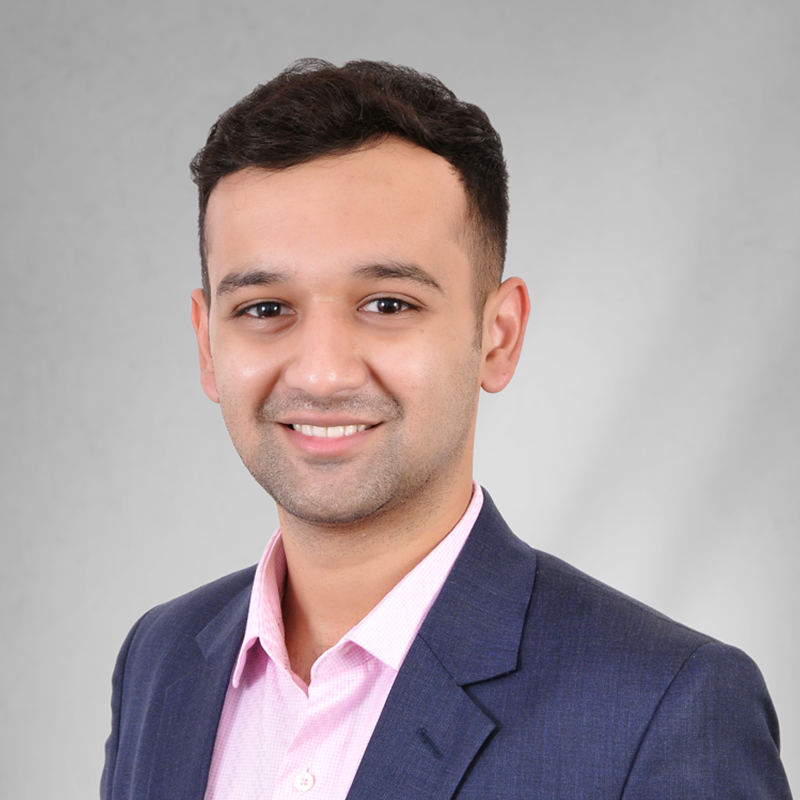
Vasu Agarwal
Strat Associate at Goldman Sachs
What is your educational and professional background?
I majored in Computer Science during my undergrad and took a few finance courses as electives because they seemed interesting. I secured a summer internship at Goldman Sachs in Bengaluru, India and went on to accept a full-time offer there. I worked at Goldman Sachs for 3 years creating a real-time architecture for Intraday Liquidity Management.
Why did you pursue the MSCF degree?
I pursued the MSCF degree to explore varied opportunities and niches in this field—front office trading and research, middle office risk management —and MSCF helped me get a taste of them all, enabling me to pick what I found most fulfilling. For me, the MSCF program was a perfect blend of theoretical and practical coursework. It teaches you the nitty gritties of mathematics and finance while training you to apply your knowledge in real-world scenarios; this feature was something that was very important to my goals. The detailed program structure as well as the program’s focus on building your soft skills was especially interesting. I was also thoroughly impressed by the program’s alumni network which further solidified my enthusiasm for it.
Describe your current role and the most fulfilling aspects of your job.
I work in the Corporate Treasury Strats team, which focuses on building quantitative solutions to model intraday liquidity requirements, and optimize the company’s liquidity holdings. The fast-paced volatility and ever changing dynamics of liquidity make my workday incredibly stimulating. I think on my feet and yet build long-term solutions; this makes for a good balance of the kind of work I tackle. Lastly, I enjoy understanding how liquidity has a different meaning for different desks which in turn enables me to interact with these teams to come up with new ideas on how to model and understand their liquidity usages.
What are the most important skills required for success in your role/job?
A strong quantitative background coupled with well-developed programming skills to analyze heaps of data almost daily are non-negotiable. A detail-oriented nature helps in finding patterns which are useful. Plus, when you work in finance, you work with teams across departments and continents. If you are in a role such as mine, your primary goal will be to cater to the users. Therefore, it is also crucial to have strong communication skills to be able to engage with different teams and understand what their liquidity requirements and usages are. Your success lies in their success.
How did the MSCF program prepare you for your career move?
I studied Computer Science as an undergraduate, and worked as a technologist at Goldman Sachs so I came to the program with a strong foundation of coding. CMU’s MSCF program helped me understand how to use Mathematics and Statistics together in the industry, in a way that no textbook or tutorial can help you. It teaches you a way of thought. You break down a large problem into many parts and tackle them accordingly. The MSCF program trains you to think that way and develop an intuition that would not fail you.
What advice would you give to someone considering the MSCF program?
Be ready for long hours. The coursework is, without a doubt, daunting and challenging but if you can learn to manage your time and prioritize deadlines, it is all very manageable and rewarding. Assess what you want from the program early on—high return placement, research experience, in-depth knowledge of the domain, or all of them—and utilize all the resources that the program has to offer you. Lastly, recruitment is tough, especially if you are an international student. So practice for your target companies from day one and keep your options open. Here’s where a good support system can help you flourish. Speak to your professors, teaching assistants, and peers.